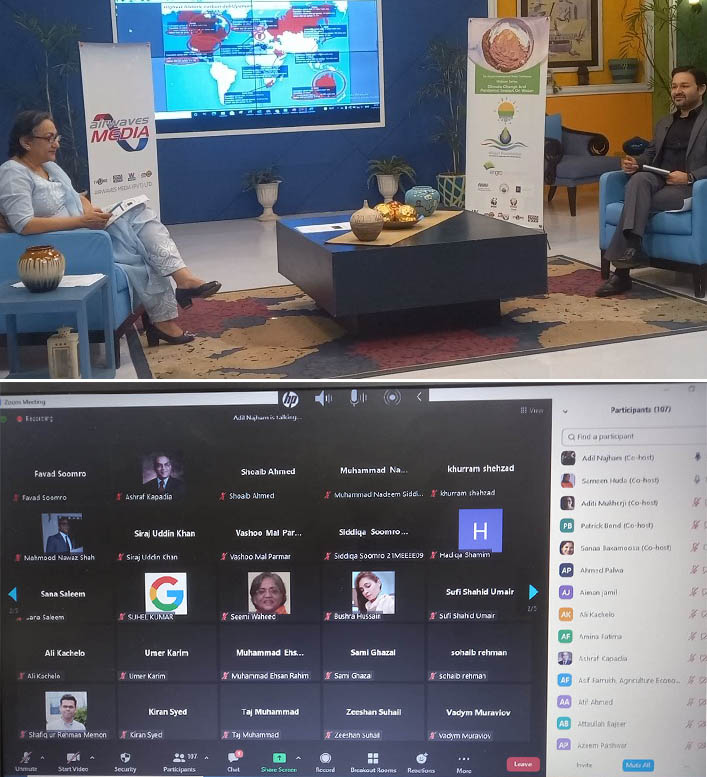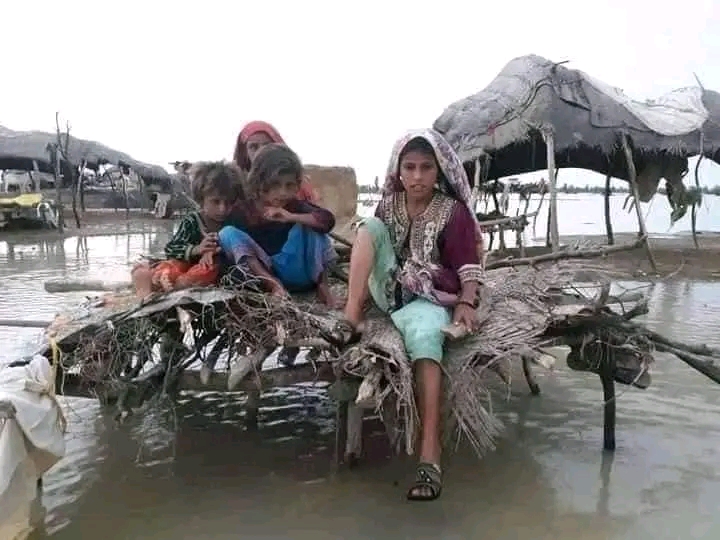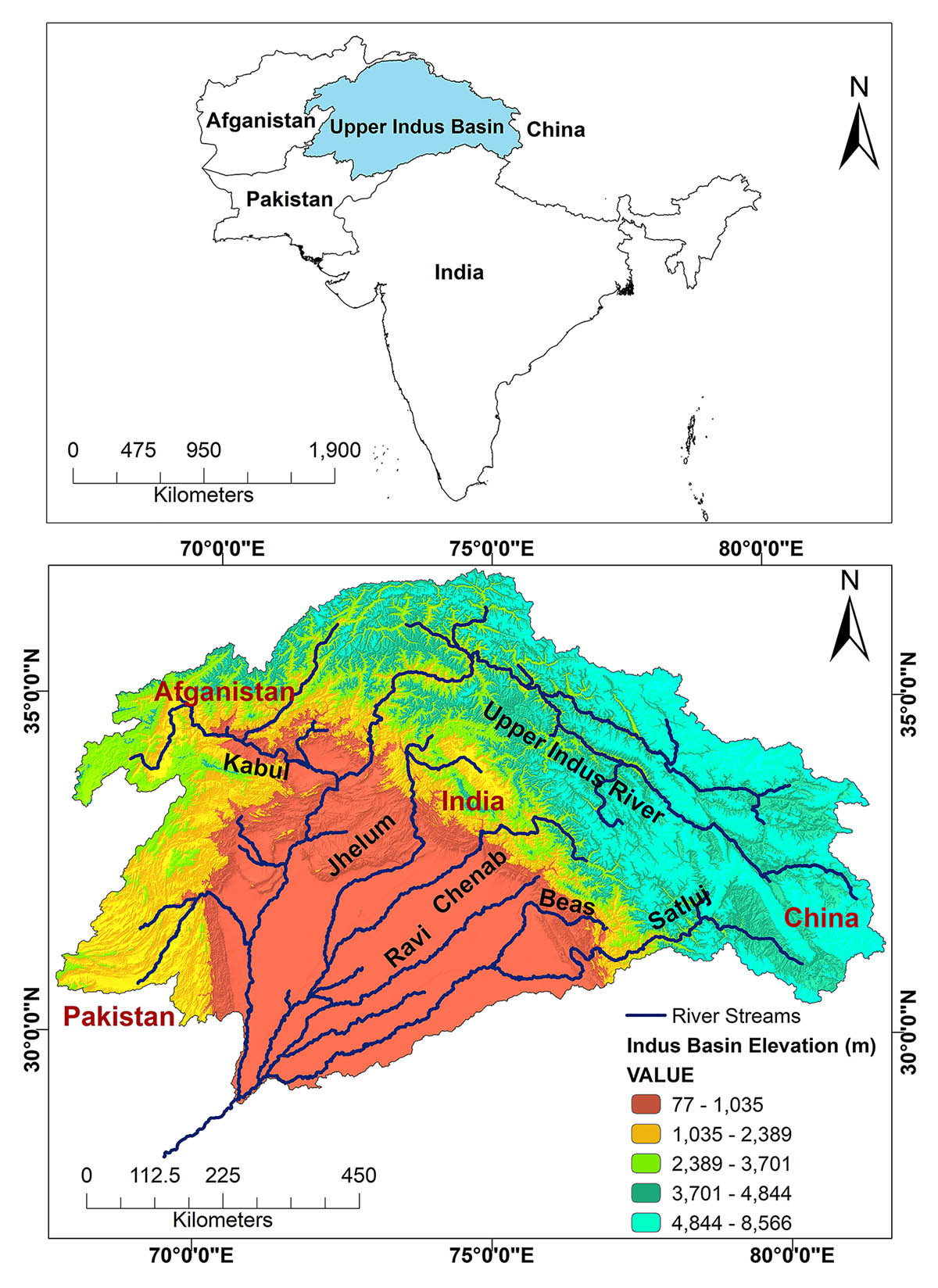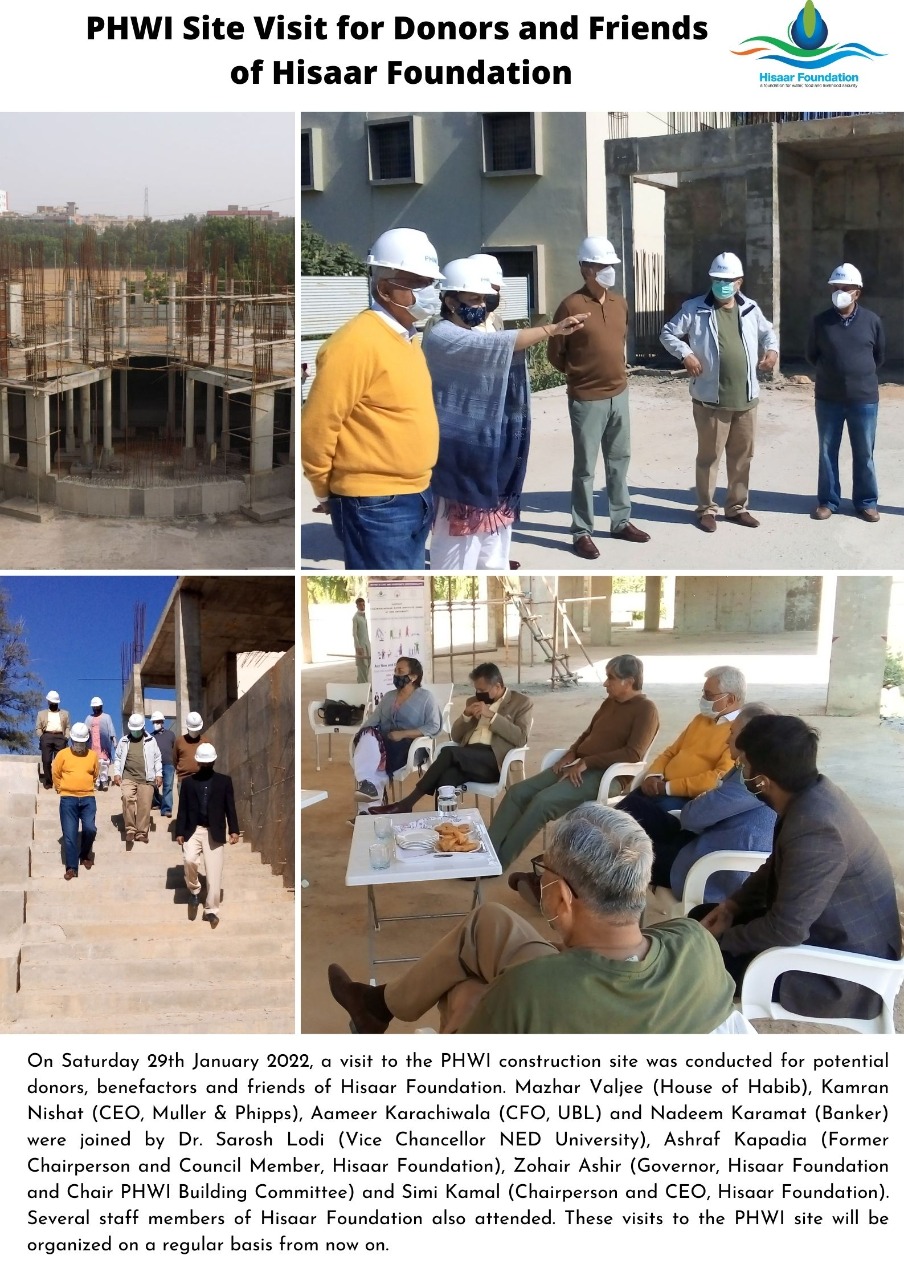5th Karachi International Water Conference
Climate Change and Pandemic: Impact on Water
Lack of international climate action and financial support for the global south to adapt to the effects of climate change were highlighted at 5th Karachi International Water Conference. On 17th Nov 2021 Hisaar Foundation hosted the Inaugural session of its biannual event and in line with the global events the theme of this conference was Climate Change and Pandemic: Impact on Water.
The conference this year moved to a virtual platform and takes place in the form of a webinar series. Code Red for Humanity: Climate Action Now, the inaugural webinar, moderated by Dr. Zulfiqar Ali Umrani, Director ORIC, Sustainability Office, Ziauddin University and featured keynote addresses by Dr. Adil Najam, Dean of the Frederick S. Pardee School of Global Studies at Boston University, and Dr. Patrick Bond, Political economist & Professor at University of the Western Cape School of Government, Cape Town, South Africa.
In his remarks, Dr. Najam highlighted that, because of the failures of the world’s richest and polluted countries, the harsh realities of climate change are now actively affecting the world’s poorest and most vulnerable countries. He went on to argue that the Age of Mitigation has passed and we are now in the midst of the Age of Adaptation where “water is to climate adaptation is what energy is to climate mitigation.”
In his keynote address, Dr. Bond focused on the climate change political landscape and the progress of the climate justice movement. He stressed that green technology should be a global public good without acquisitive intellectual property rights as is the case observed for Covid 19 vaccine. Dr. Bond brought forward the structural problems in the climate agreements and how unambitious and non-binding agreements promote climate imperialism of the global north.
The second part of the webinar featured presentations and talks on climate impacts on the South Asian region. Dr. Aditi Mukherji, Principal Researcher, International Water Management Institute, New Delhi, spoke on water management, climate change induced glacial melt and presented findings from the IPCC and Hindu Kush Himalayan Monitoring and Assessment Programme. Mr. Ahmed Rafay Alam, Environmental Lawyer, Saleem, Alam & Co stressed that humanity is facing the 6th extinction event and we urgently need to address the drivers of climate change where the systematic discrimination has to be dismantled. The local water discourse has to evolve towards an inclusive and a democratic framework. Ms. Roberta Ianna, Senior Adviser, Ministry of Climate Change, Italy shared Italian governments initiatives for civil society and youth participation and their capacity building towards climate change. The last speaker, Mr. Mahmood Nawaz Shah, Senior Vice President, Sindh Abadgar Board shared ground realities of climate change and its impact on agriculture, where farmers are experiencing lower yields and negligence from the government for climate resilient infrastructure and financial support.The panel discussions ended with a Q&A session among the panelists on questions posted from over 200 online participants on various digital platforms. Concluding the event, Ms. Simi Kamal, Chairperson, Hisaar Foundation remarked that in order to be effective, conversations on climate change have to be more inclusive, innovative and driven from the local context. The event was sponsored by Engro Foundation and there are three more webinars scheduled to take place in Nov-Dec 2021, for details please visit http://waterconf2021.hisaar.org/.




